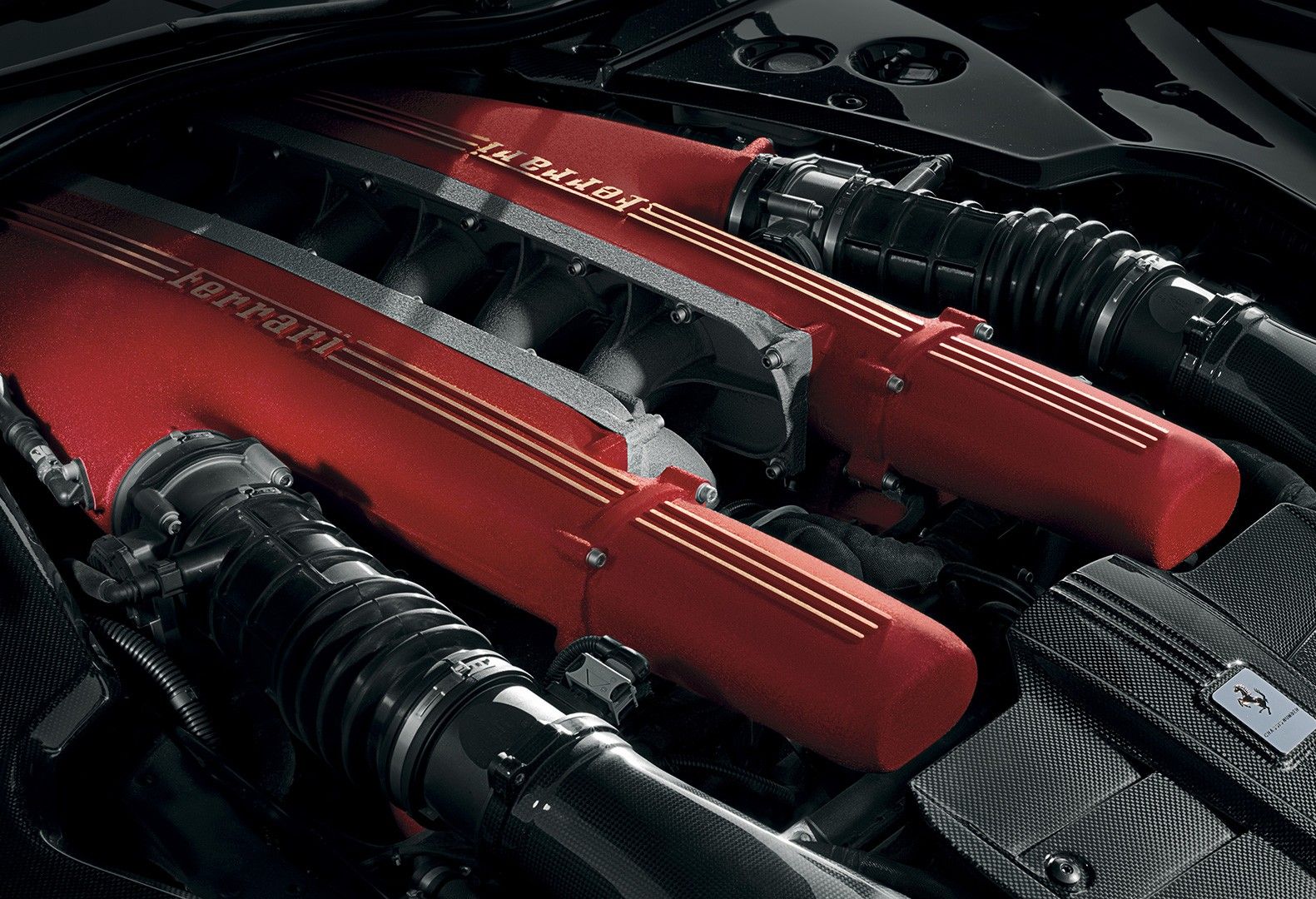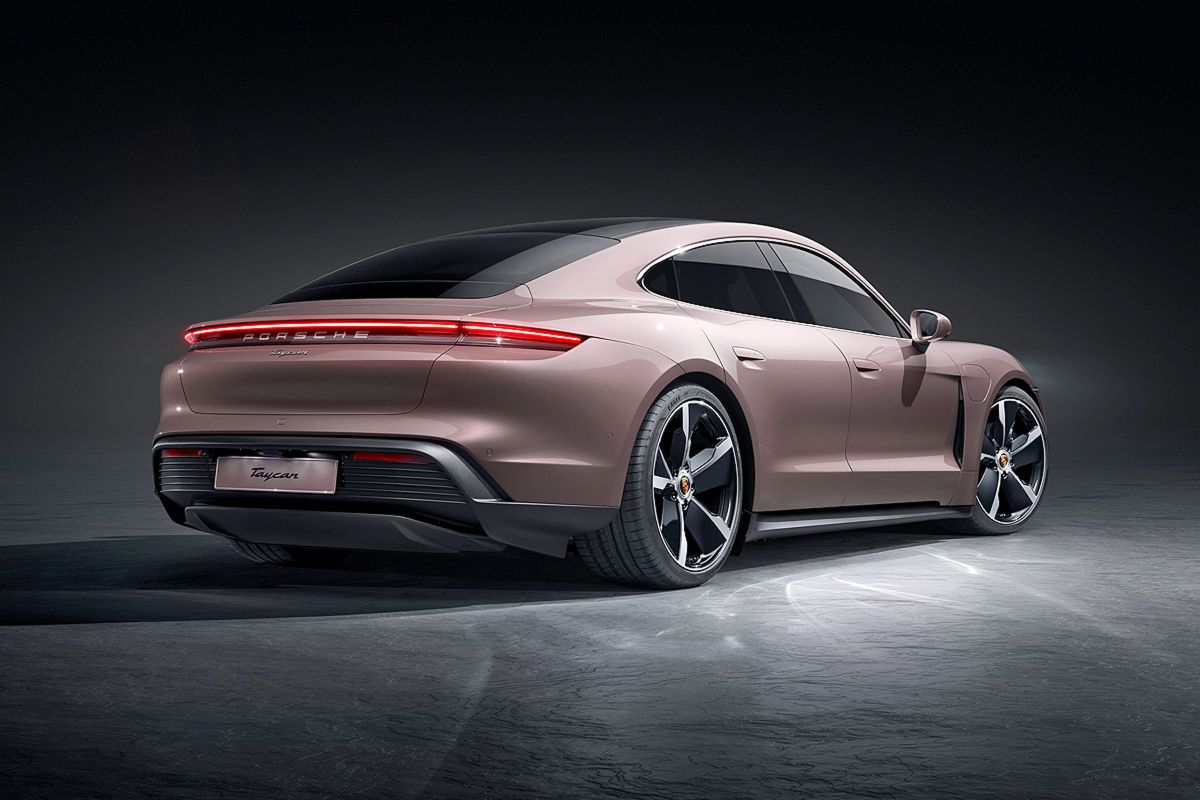The birthplace of high-horsepower sports cars, Italy wants to bypass the European Union's ban on internal combustion engines by 2035. Italy has the most prominent supercar manufacturer presence globally, with Lamborghini and Ferrari being the two well-known figures of the automotive enterprise. The pair created a culture of performance car building and expertise, which has led to a boom in the number of suppliers and exotic vehicle manufacturers.
The Italian government supports the EU's commitment to reduce emissions by phasing off the internal combustion engines. Still, supercars and hypercars are a niche market and open-ended discussions with the EU Commission about how new rules will implement for high-end carmakers who sell fewer than main-line producers are going on. Cingolani, a former member of Ferrari's non-executive board, said the blanket ban on petrol engines should not apply to supercar manufacturers producing significantly fewer cars than their mainstream counterparts.
"Electric in the next decade, and it will be unbeatable. De-carbonization is a global question, and everybody has to contribute." The CEO of Porsche has already criticized this exemption. It will be interesting, however, to see how it turns out. We can't believe that Porsche would allow any other brand to have a free ride because they have spent a lot of money developing their electric platforms.
Most automakers see the 2020s as a pivotal year for electrification. In anticipation of regulatory changes that could lead to the death of internal combustion cars in 2035, companies are pushing for fully electric lineups. The Italian Minister of Ecological Transition reiterated his commitment towards reducing carbon emissions in a Bloomberg TV interview. He said that the government was looking into the possibility of relaxing certain laws for fuel-powered vehicles of carmakers making limited-run supercars.
Reluctance To Electricity
The exemption was created because it is much more difficult for top-tier names to switch to electric powertrains while still making a profit. It is not unusual for high-end Italian automakers to sell fewer cars per unit than their mainstream counterparts. The Prancing Horse and Raging Bull delivered only 16,500 cars in total last year. It is also more challenging to electrify purebred Italian stallions. Supporters of the supercar makers say that they typically produce a small number of vehicles that have a limited impact on climate change. These cars require very specific technology, and they will need batteries to make the transition. Therefore, Italy must become autonomous in the production of high-performance batteries. That is why we launched the gigafactory program to put in place in Italy a large-scale battery manufacturing facility.
Lamborghini and Ferrari have slowly welcomed electrification but only as hybrid powertrains for their production vehicles. Nevertheless, Ferrari seems to be committed to at least one EV. Ferrari will reveal more details about its plans at a capital markets day next January. The Purosangue will be its first SUV. It will go on sale in 2022, years after the Urus and Bentayga of Bentley. Although limited battery technology was a problem for Ferrari, it hasn't stopped Rimac from controlling Bugatti. Porsche's fully-electric Taycan, however, has been on the road since 2019.
It is assumed that the Lamborghini Aventador's replacement in 2023 will be a hybrid, which will eventually end the glorious-sounding V-12 powertrain. More models will soon be equipped with hybrid powertrains from the automaker. Lamborghini has not yet declared any plans to create an electric car, but it has pledged to cut carbon dioxide emissions by 50% by 2025.
Porsche Says Exeptions Aren’t Reasonable
Porsche is ahead of the Italian carmakers when it comes to electrification. Oliver Blume, Porsche's CEO, believes such an exception is absurd. Blume doesn't seem to be worried about the future. His sports car company sells the Taycan and Cross Turismo. Soon, an electric Macan and another electric sports car will be available. Ferrari and Lamborghini, on the other hand, don't have EVs in their range. Lamborghini doesn't want to lose its soaring V12, which is a core part of its identity. An interesting aspect of this discussion is, as we know, both Porsche and Lamborghini are part of the massive Volkswagen Auto Group.
Furthermore, Porsche has been investing in synthetic fuels (e-fuels), despite this. These fuels can dramatically reduce the use of finite fossil energy and give new life to millions of existing combustion-engined vehicles. Ford's European division had announced in February that it would offer an all-electric product line by 2030. Other mass-produced companies are also moving in this direction. Cingolani sees it as a global problem and thinks that this makes sense. He appears to be optimistic that supercar builders can reach a deal.
Rome argues that the rules should not apply differently to high-end supercar builders, that do not produce many vehicles. According to the report, this process could take two years: countries will propose amendments that protect local industries. France has already proposed more relaxed emission targets.



